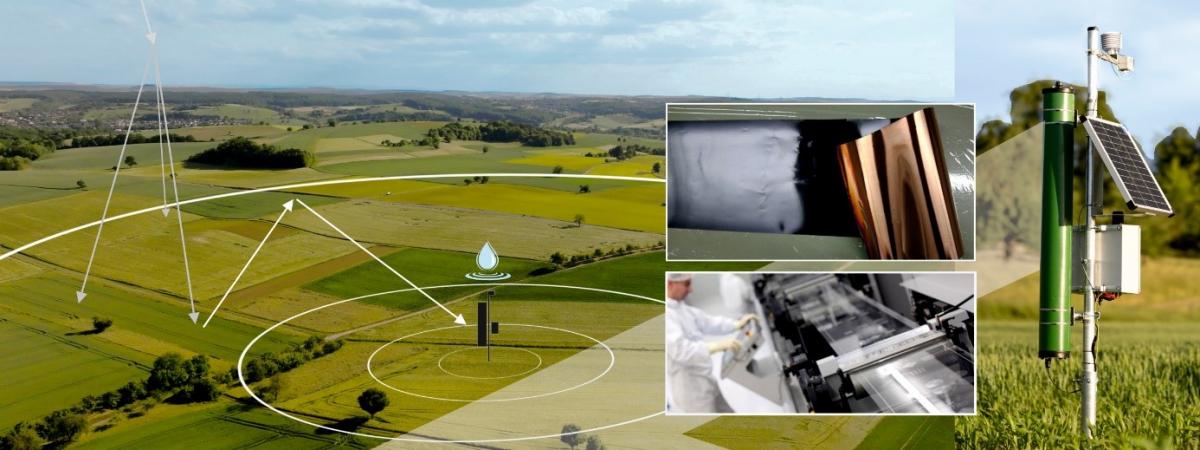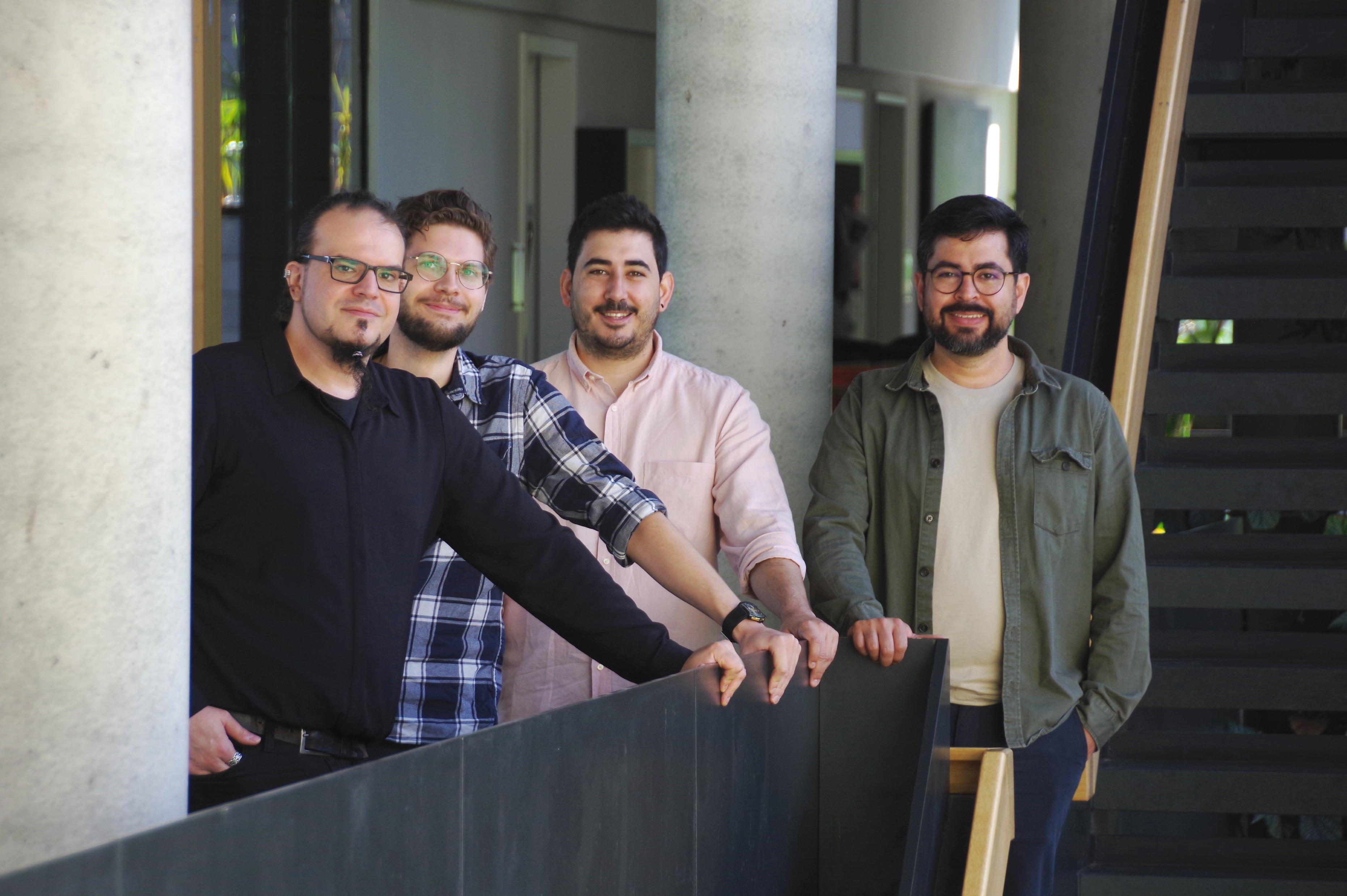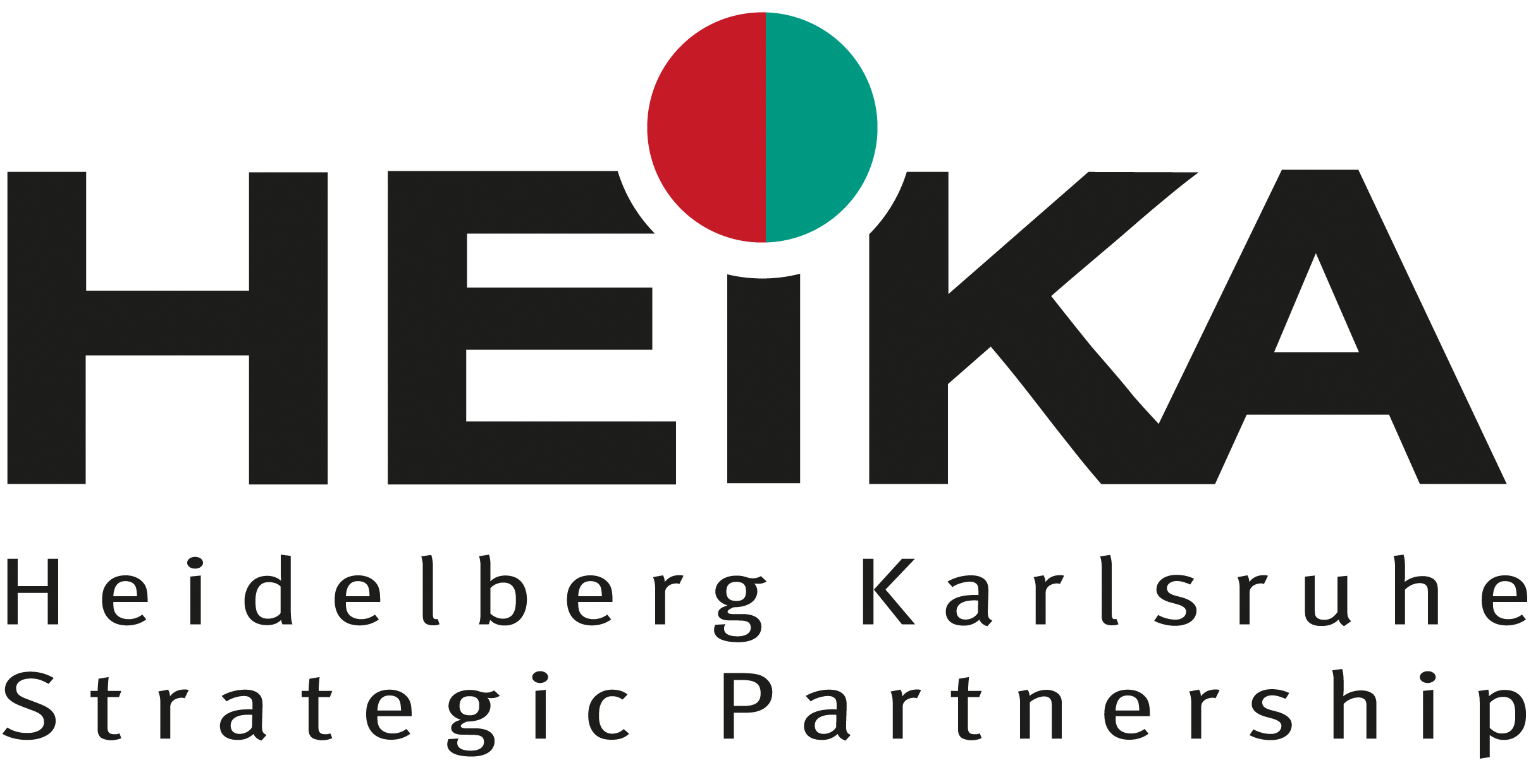
The optimization of water resources for agriculture is of utmost importance to face the current pressing challenges in resource scarcity, food production and climate change resilience. Providing the agricultural community with real-time accurate spatiotemporal information on soil moisture, can help optimize irrigation practices and crop yield. Currently, most soil moisture sensing techniques utilize point probes or satellite information with limited spatial information or low resolution.
Project details
Project management
Cosmic-Ray Neutron Sensing (CRNS) is a novel technique that measures the density of a specific energy band of neutrons that have been produced in the upper atmosphere and are reflected from the soil. Being attenuated by hydrogen, the signal is inversely and uniquely proportional to soil water content. CRNS instruments are able to quantify water content over hectares and provide information from the root-zone depth (~ 50 cm). As sensing materials, CRNS rely on 10B-enriched B4C, or 6Li-enriched LiF which are deposited via sputtering techniques on flexible foils that are inserted into neutron counting tubes. Despite the many advantages, the current fabrication techniques for neutron sensing foils are energy and material intensive and provide limited deposition areas, thus restricting the commercialization prospects of the technology.
In this project, we will investigate the fabrication of neutron sensing foils based on B4C and LiF via coating and screen printing techniques. These technologies offer resource-efficient fabrication, large-area deposition and industrial relevance while being compatible with a large palette of materials and flexible substrates. By optimizing ink formulation and printing process, we expect to demonstrate printed neutron sensing foils with state-of-the-art performance. After characterizing sensing efficiency in the laboratory, we aim to perform outdoor field tests. The obtained results will be the basis for a follow-up industry-university project.


